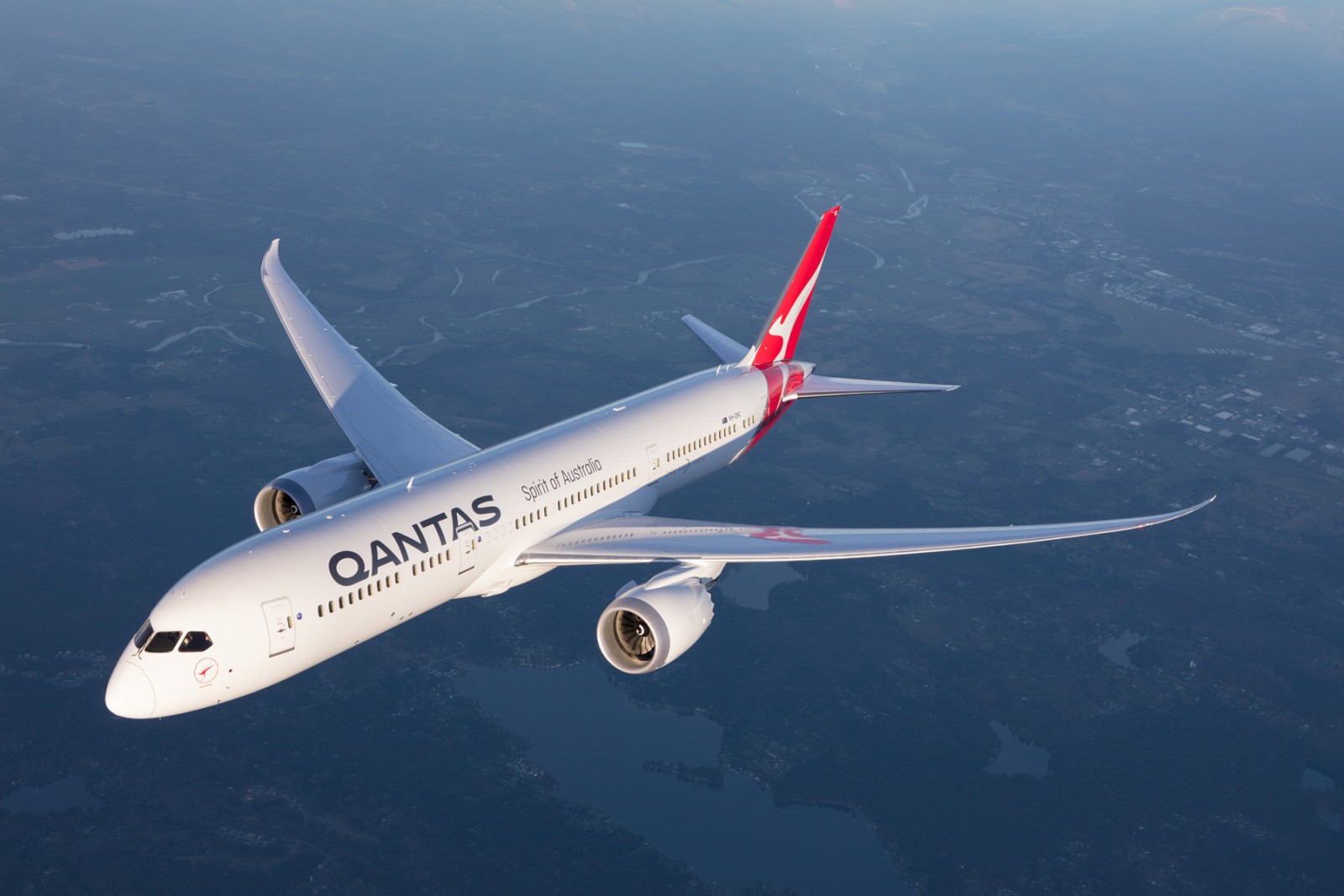Australian government must do more for avaition
25 June, 2020
2 min read
Industry News

Geoffrey Thomas
By joining our newsletter, you agree to our Privacy Policy


The Australian government must do more for its aviation industry if it's to retain its pre-eminent place in global aviation.
As Qantas, sheds 6000 staff, grounds for a year 100 of its mainly international fleet and seeks to raise A$1.90 billion other airlines around the globe are getting literally tens of billions of support from governments.
While Australia's airlines have been beneficiaries of the country's job-keeper program and over A$1 billion in assistance, most of that package - A$715 million - is linked to tax and charges relief if their entire fleets are flying, which they are not.
On the global stage, the US Government has put in place a rescue package of USD$50 billion for its airlines which represents about 20 percent of one year’s worth of revenue.
Something similar in Australia would nudge A$6 billion.
In normal times, airlines transport about 40 percent of global trade by value and every job in air transport supports another 24 in the travel and tourism value chain — nearly 70 million jobs.
Leading airline industry analysts New York-based Bernstein said governments must act decisively and quickly to support the airline industry because it is expected to lose US$84 billion this year according to the International Air Transport Association.
More than any other country aviation is critical to Australia given its isolation, great distances, and sparse population.
Tens of thousands of Australians use airlines just to go to work.
Qantas in its 100th year is a national treasure of which Australians are fiercely proud.
It is the world’s safest airline and has done more to advance safety in aviation than any other.
Now many of the skilled pilots and engineers will be lost to the airline and the industry.
And if there is not a significant uptick in travel soon, even more staff could be lost.
The question needs to asked, is the Australian government doing enough to get the NZ travel bubble up and running?
Is it looking at other safe international COVID-19 havens?
And why weren’t Qantas and Virgin Australia involved in more subsidized repatriation and cargo flights?
Why were the majority performed by international carriers?
Next Article
2 min read
Qantas triples profit but misses mark

Get the latest news and updates straight to your inbox
No spam, no hassle, no fuss, just airline news direct to you.
By joining our newsletter, you agree to our Privacy Policy
Find us on social media
Comments
No comments yet, be the first to write one.
